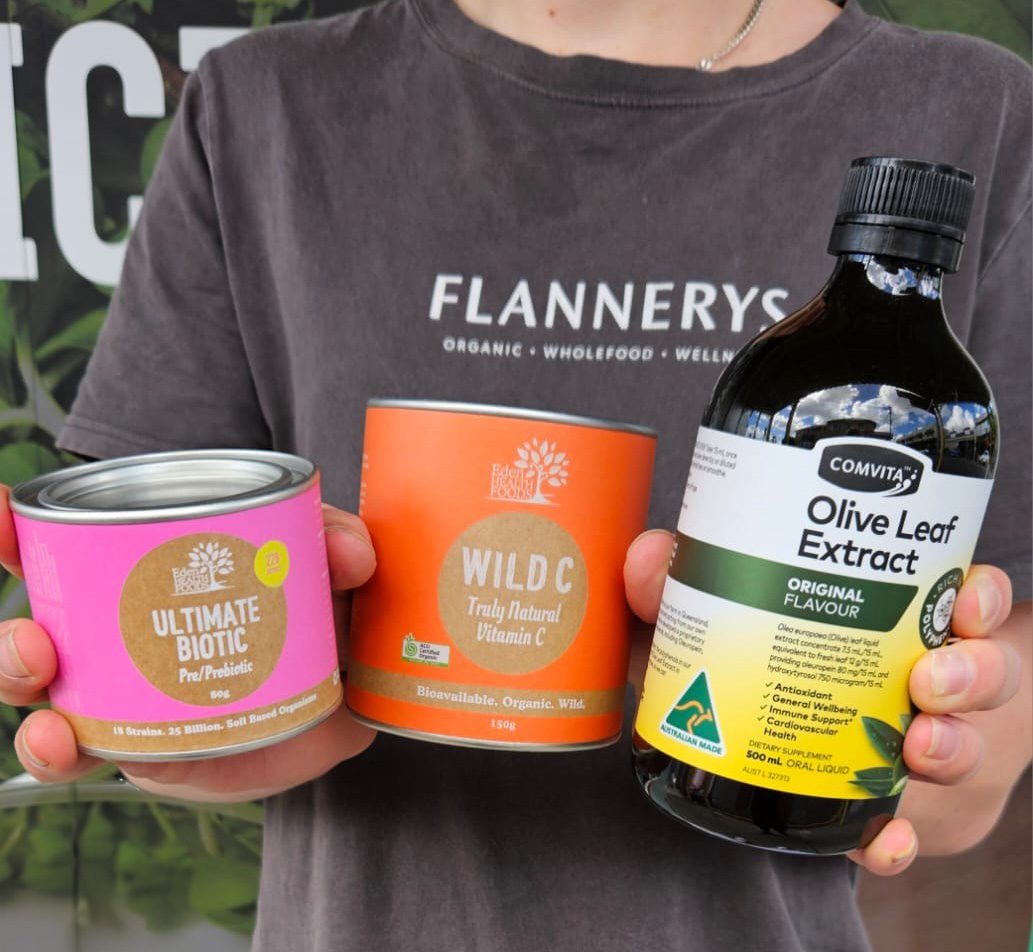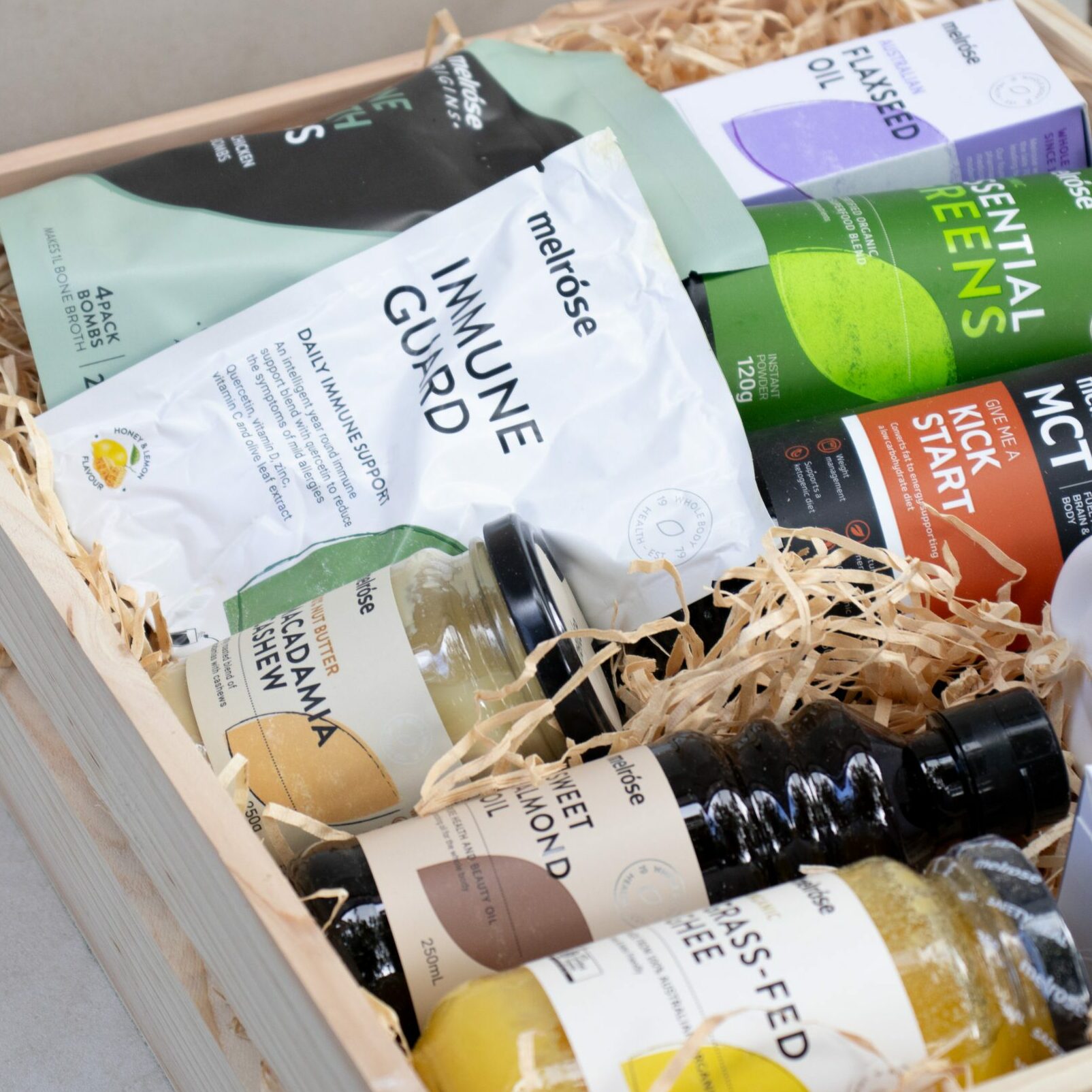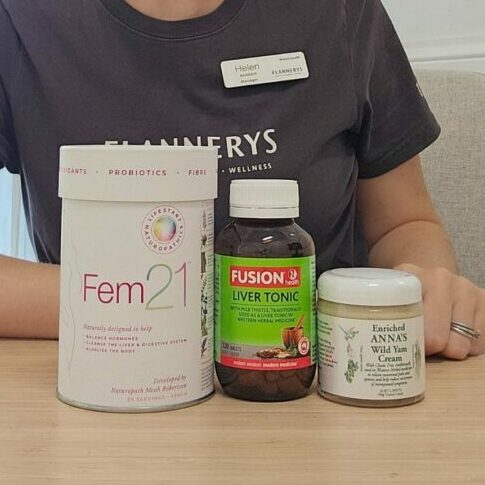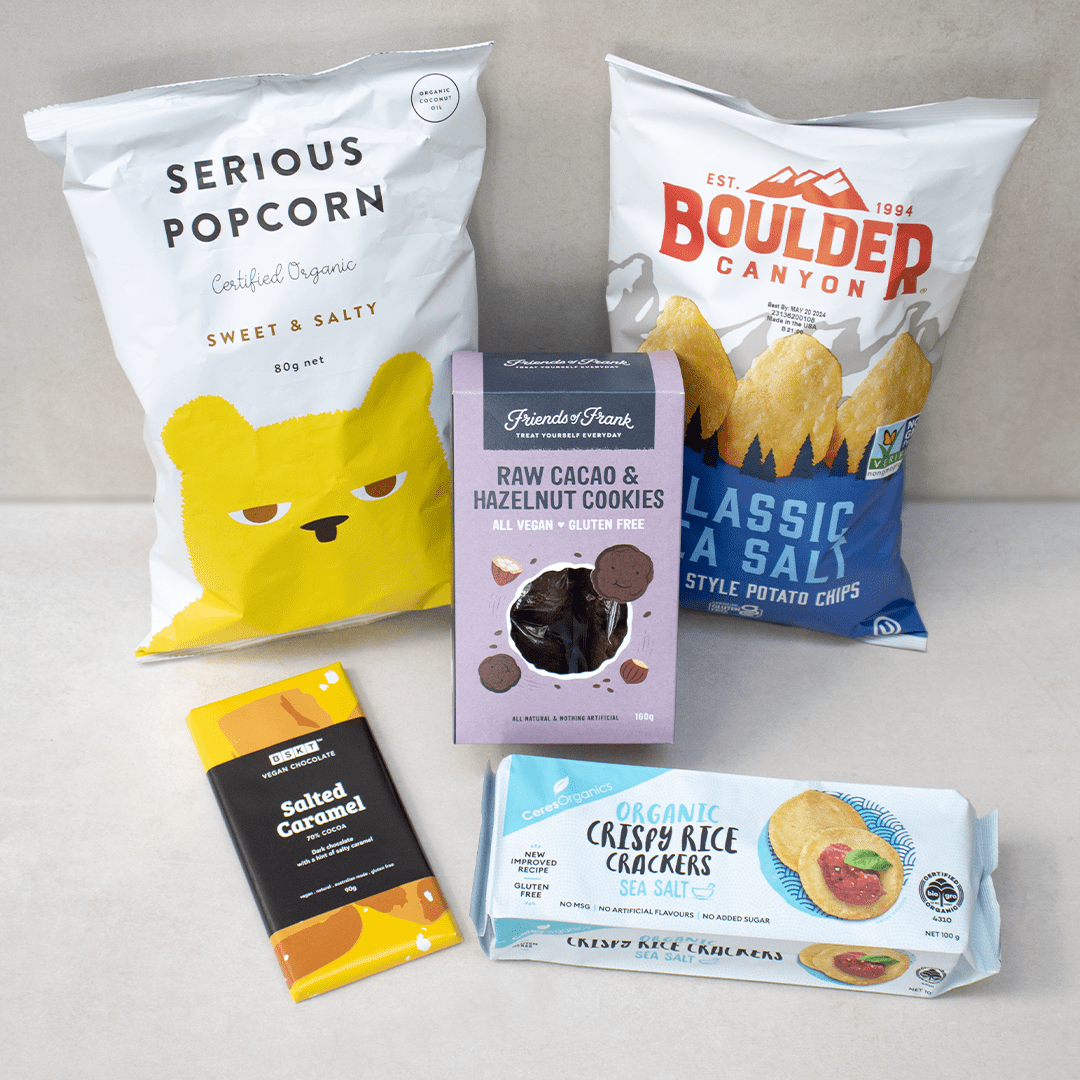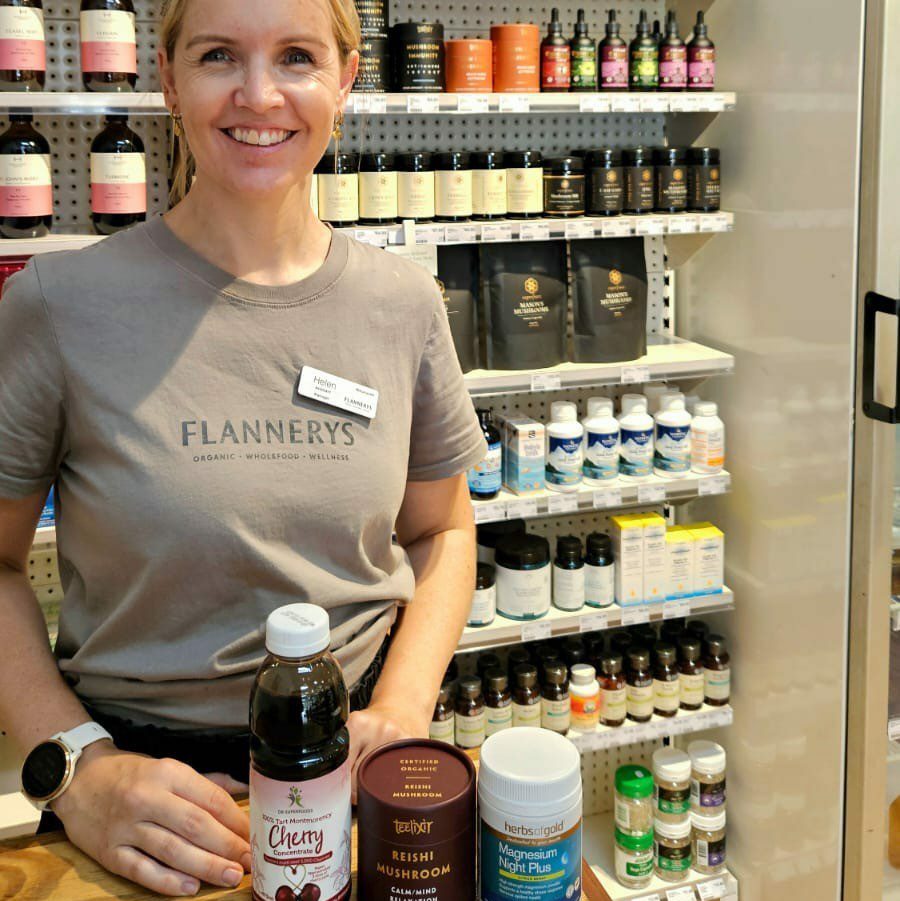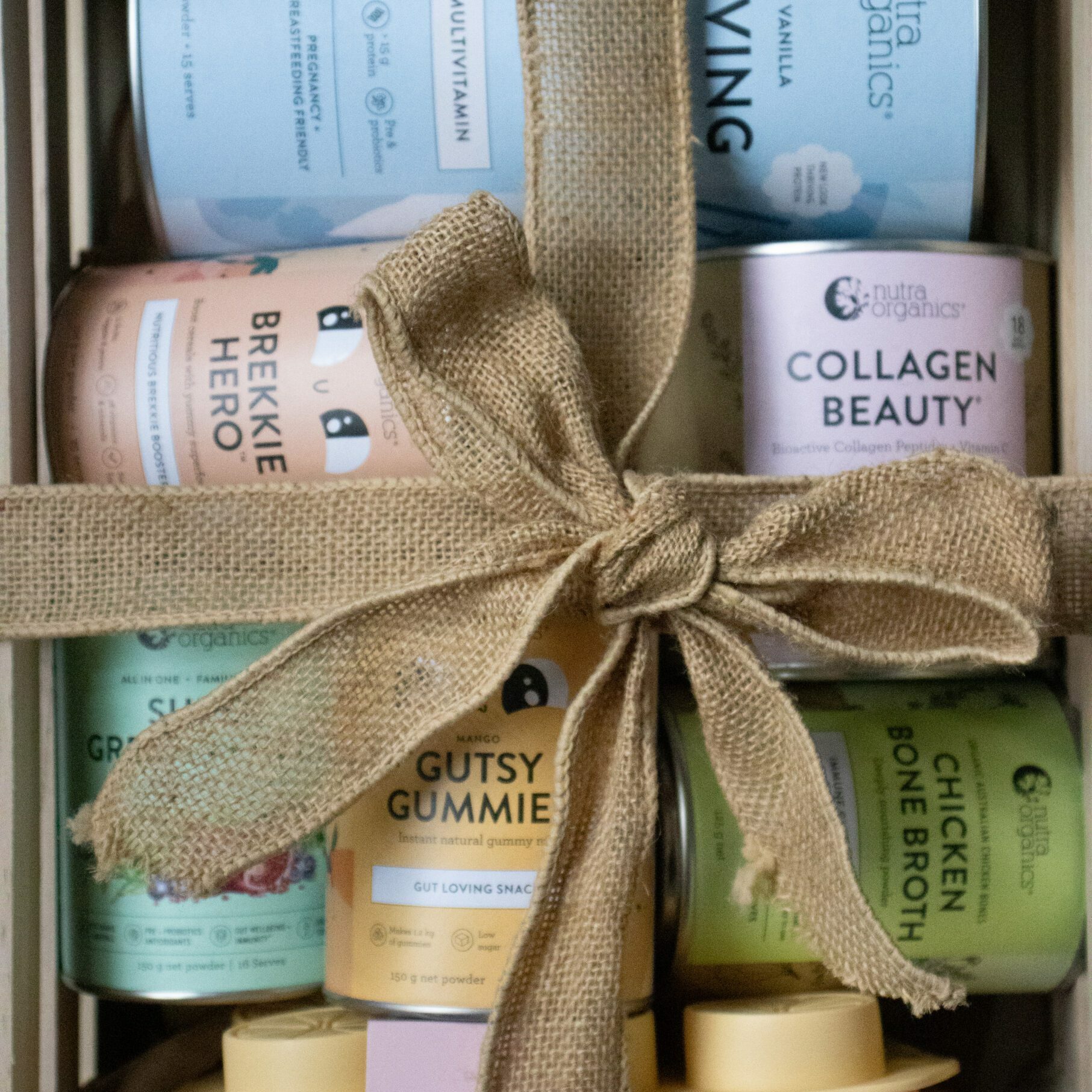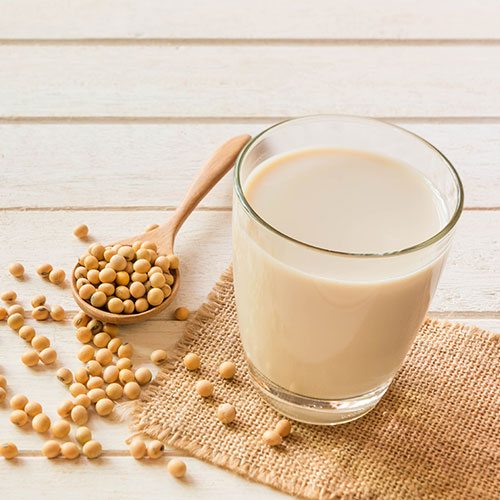
09.02.2018
Is soy bad for you?
While soy lattes have taken off in popularity, there’s still some underlying confusion around the health effects of soy. A growing number of Australians are turning to a plant-based diet for health, environmental and animal welfare reasons, which commonly includes soy foods like tofu and tempeh as protein sources. For those with lactose intolerance, soy-based milk, cheese, yoghurt and ice-cream are popular alternatives. So why has soy has been given a bad rap? We check out whether any claims are worth concern.
What is soy?
Soybean or soya bean is a type of legume native to East Asia. Regarded as a high-quality source of protein, the bean is used to make a variety of soy-based foods, such as:
- Soy milk
- Tofu
- Miso
- Tempeh
- Edamame
- Soy sauce
- Soy flour
- Soya vegetable oil
As outlined on the Eat For Health website, a moderate intake is one to two servings per day.
Examples of one serve include:
- 170g tofu
- 1 cup (250ml) of soy drink with at least 100mg added calcium per 100ml
Phyto-oestrogens
Phyto-oestrogens, also called ‘dietary oestrogens,’ are found in some plant-based foods, like soy, flaxseeds and whole grains, and have the ability to mimic the hormone oestrogen. In soy products, phyto-oestrogens are called isoflavones which have weak oestrogen activity, but their effects on the body aren’t yet fully understood which is why there’s confusion. Many health professionals agree that a moderate intake may actually provide plenty of health benefits.
Health benefits
Plenty of studies have looked at the health benefits of a moderate intake of soy, including:
- Favourable effects on harmful cholesterol (called LDL cholesterol)
- May provide relief to women with post-menopausal symptoms
- Good source of protein
- Packed with iron and omega-3 fatty acids
- Low in saturated fat
- May help lower blood pressure
Confusion
The link between soy and breast cancer isn’t fully understood and currently no conclusion can be made about soy products and risk of breast cancer. This is because most studies have used rats, instead of humans, and were given huge doses that most people typically wouldn’t consume. One study actually found that phyto-oestrogens in a healthy diet had protective effects against breast cancer for Asian women.
Other considerations
If you do consume soy-based dairy alternatives, it’s recommended to choose products fortified with calcium to help keep your bones and teeth strong.
Overall, there’s no reason why soy can’t be enjoyed as part of a healthy and balanced diet, as has been done for centuries in Asia. If you’re concerned about soy, speak with your doctor.
This article is for educational purposes only. It is recommended for women with breast cancer to speak with their doctor before consuming soy. Always seek health advice from your healthcare professional.
Share this post with your friends

